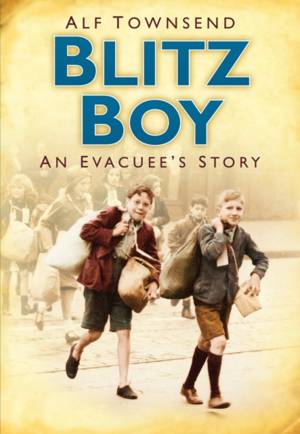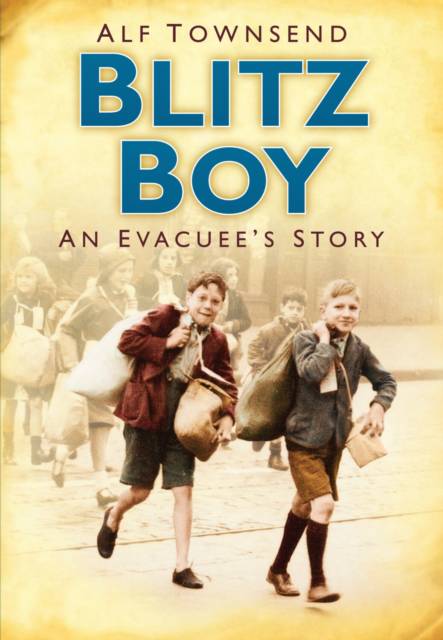
- Retrait gratuit dans votre magasin Club
- 7.000.000 titres dans notre catalogue
- Payer en toute sécurité
- Toujours un magasin près de chez vous
- Retrait gratuit dans votre magasin Club
- 7.000.0000 titres dans notre catalogue
- Payer en toute sécurité
- Toujours un magasin près de chez vous
Description
Blitz Boy is a fascinating recollection of life in the Blitz and of evacuation to Cornwall. Charismatic author Alf Townsend tells the harrowing and touching tale of what it was like for a young inner-city child to suffer the trials of war at first hand. The mass exodus of kids from Britain's major cities in 1940 was unique and the government's hasty organisation programmes left a lot to be desired. It must have been a shock to rural communities to take in frightened, scruffy, poverty-stricken cases from the poorest areas of Britain's cities. Many of the foster parents who took in these children did so purely for the cash (8s 3d per week). The family which took in Alf and his siblings did not treat them well. There were beatings and other punishments from the foster-mother, who thought nothing of mistreating a six-year-old child. This only ended when the author's real mother turned up on the doorstep to reclaim her children. The author and his siblings remained in Cornwall with their mother until the end of the war to evade the danger of being bombed-out back in London. Eventually, though, they did return to the capital. The sight that greeted them on their return came as a shock. Rows of houses had been destroyed and huge areas had been totally flattened. Although life was tough back in London, at least the Townsend children were back in the fold of their loving family. Alf recalls this time with much fondness, going into the details of day-to-day life back home.
Spécifications
Parties prenantes
- Auteur(s) :
- Editeur:
Contenu
- Nombre de pages :
- 128
- Langue:
- Anglais
Caractéristiques
- EAN:
- 9780750950688
- Date de parution :
- 01-08-08
- Format:
- Livre broché
- Format numérique:
- Trade paperback (VS)
- Dimensions :
- 170 mm x 244 mm
- Poids :
- 340 g

Les avis
Nous publions uniquement les avis qui respectent les conditions requises. Consultez nos conditions pour les avis.






